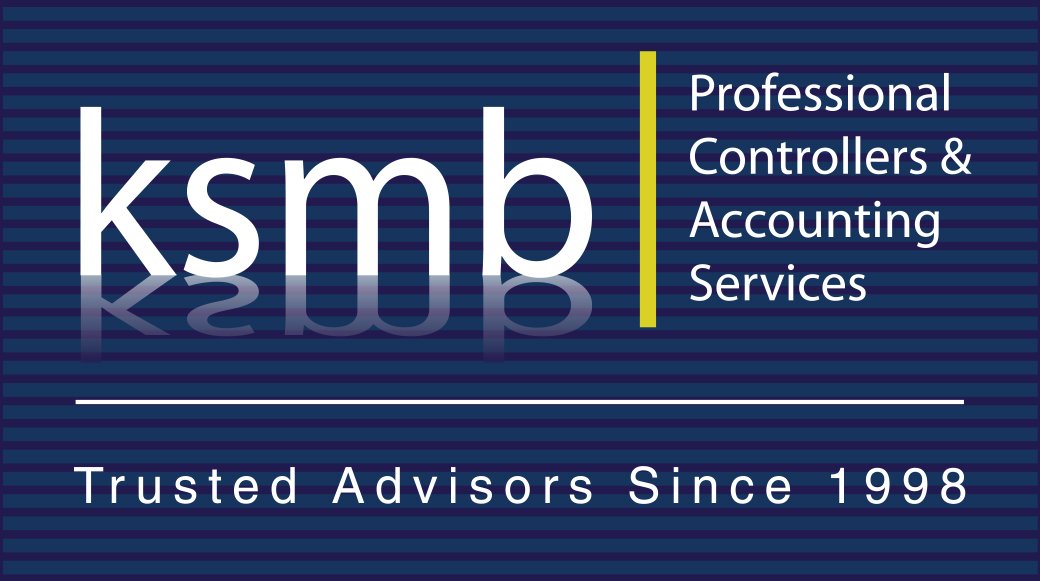By Peter Steger, Principal at Steger Financial
The most important work to do now as a business owner is to formulate a strategy to thrive and grow as the “next normal” unfolds.
The second most important thing is to make sure that an unplanned business transition due to an unexpected event is going to go “down” exactly as expected for your family and employees. This is either outlined in your buy-sell or in your succession plan if you are a sole owner. Remember the devil is in the details because the “words on the page matter”.
My passion for engaging owners in a heart-felt comprehensive review of their plan comes from having seen the heartache when the buy-sell or succession plan is not “air-tight”. I have seen the disruption and divergence due to misinterpretation or ambiguities that cause too much damage to families, employees, and their businesses. What I have discovered is that the time spent reviewing these agreements/documents is not always accomplished, but always intended.
If I told you that your agreement/plan will dictate how your largest asset, and often much of your net worth, will be transferred, to whom, and at what price, how might you react? Upon certain events defined in your agreement/plan would you want to know precisely how the agreement will be interpreted before said event happens, such as death, or disability?
CASE STUDY
The day before a game, sport teams have a “walk-through” and game plan discussion with the luxury of knowing when their team event will take place. You do not have control over an unexpected event, but you do have control over your response via your agreement/plan. Have you done a “walk-through”?
For example, I was referred to a business with a couple of partners. Their business had grown over the years. I asked if they had a buy-sell and they told me “they were all set” .... Over the years I have heard that countless times!
Since they had not looked at their agreement in some time, I asked if I could review it. Interestingly, I identified several issues but the one that was the most alarming was the fact that their agreement had a fixed price at which their stock would change hands in case of death. The stated price was 50% BELOW what they believed the current value of their company was at the time. I told them that if one of them died the company would redeem their stock at the fixed price level – end of story, because those were “the words on the page”.
Are You Ready for a Walk-Through?



